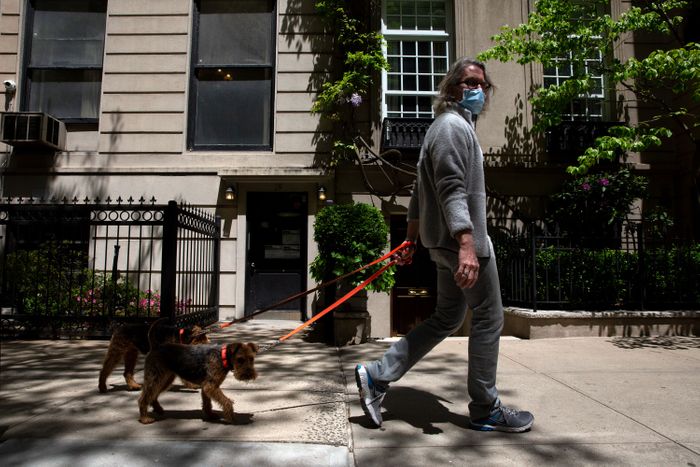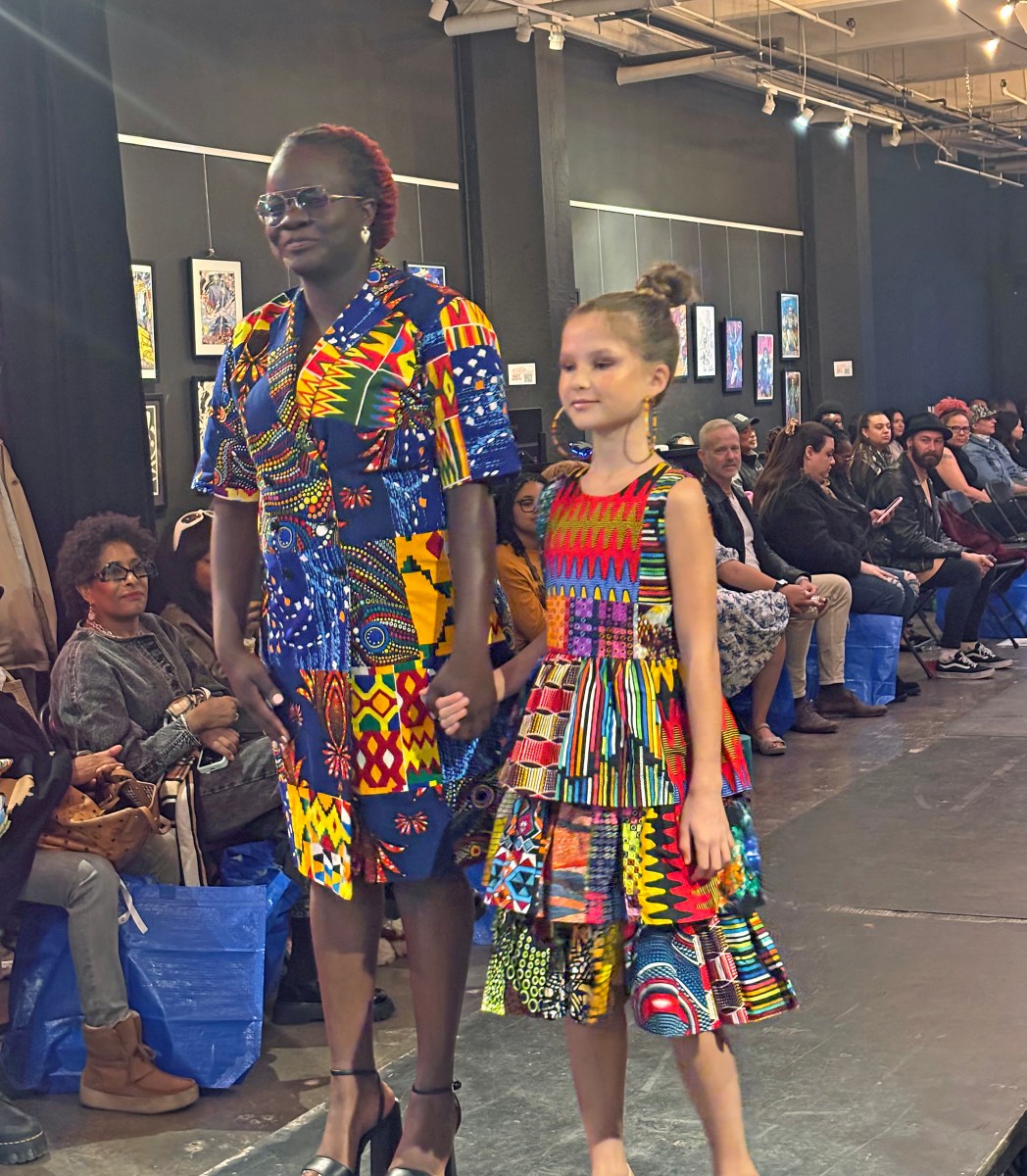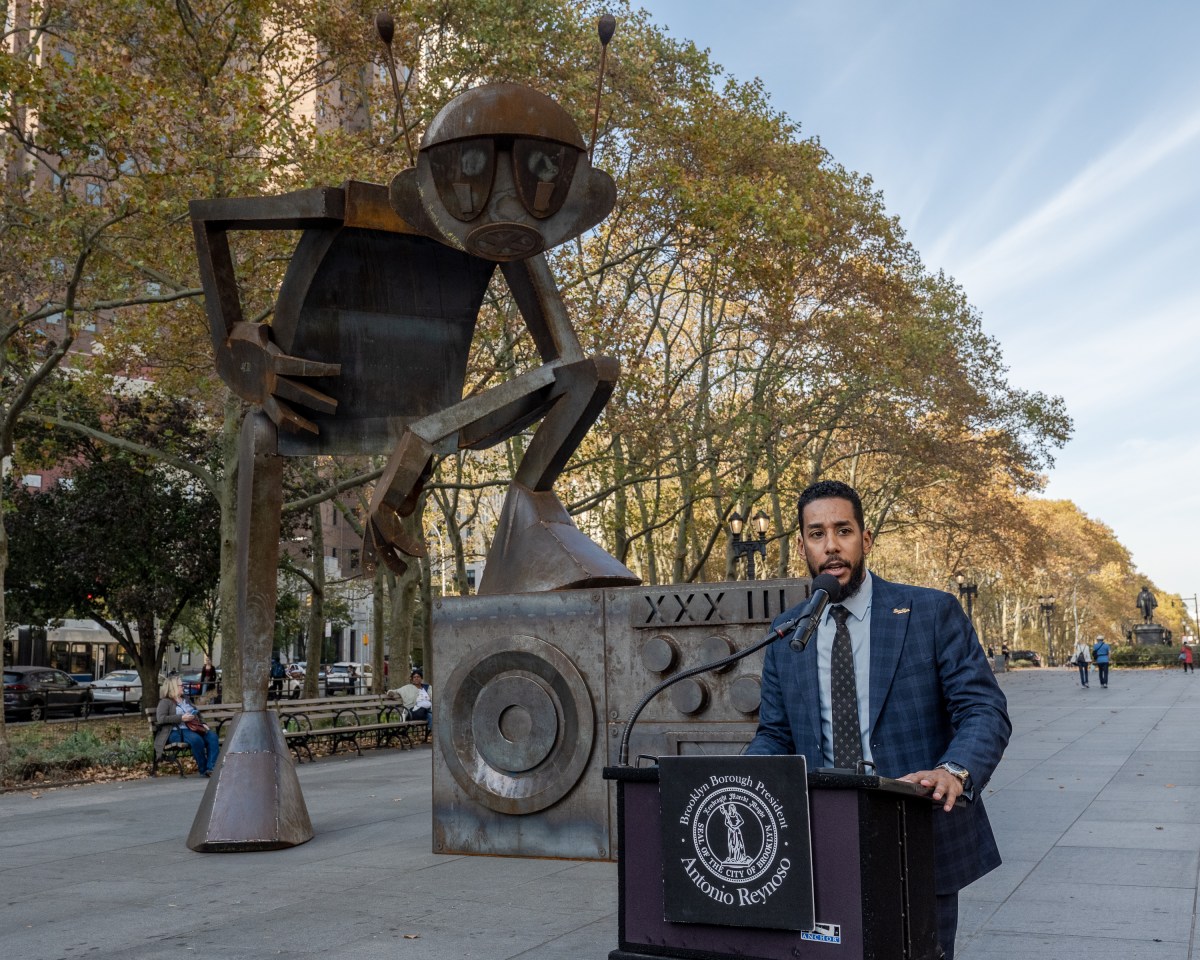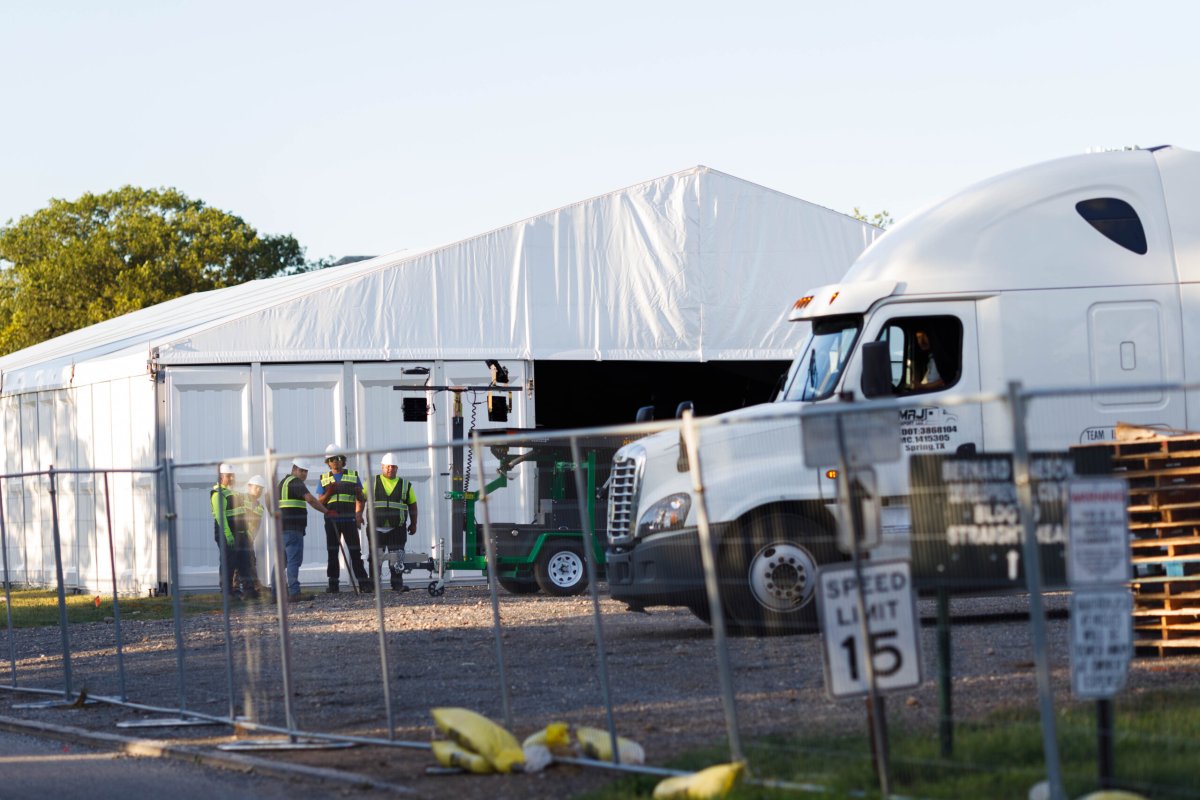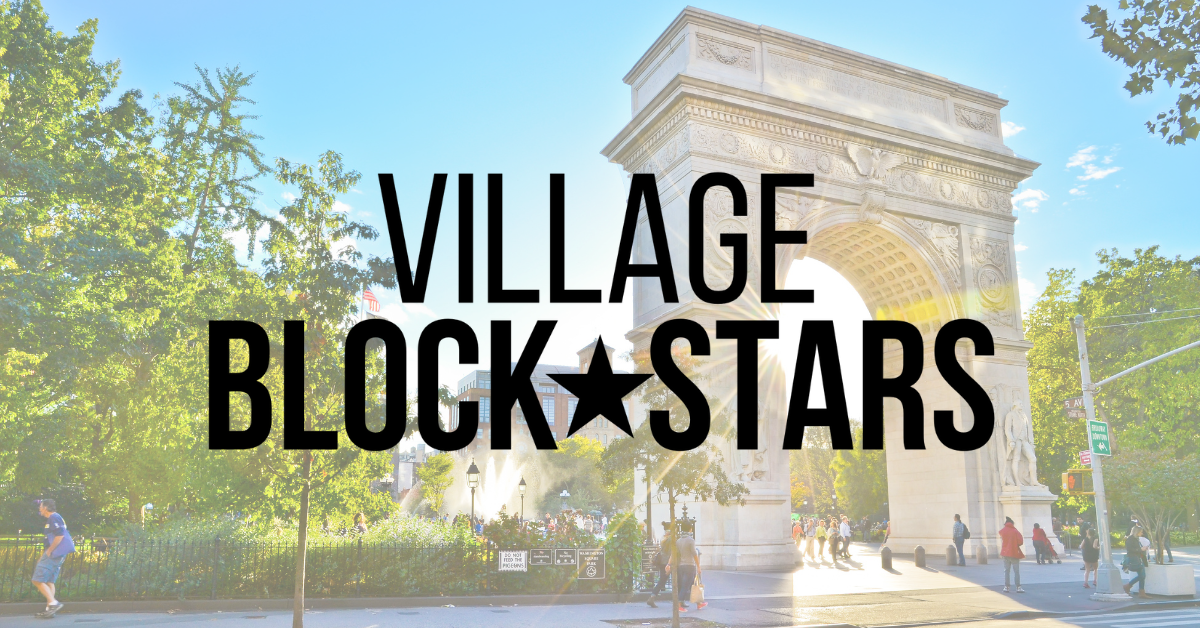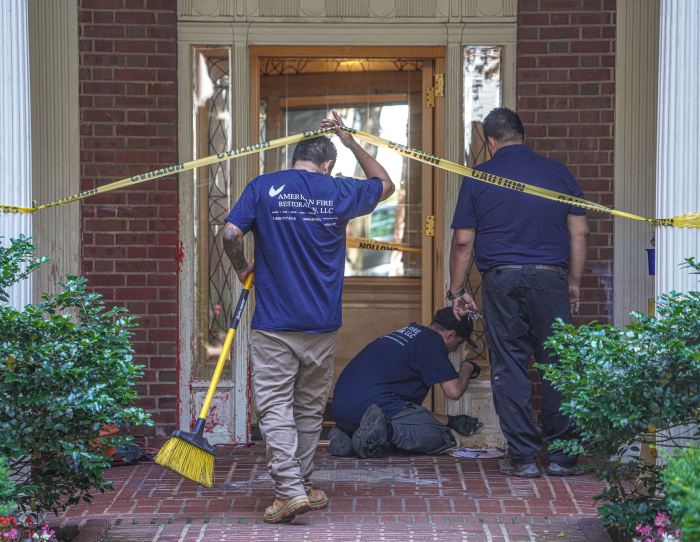By Rachel Holliday Smith
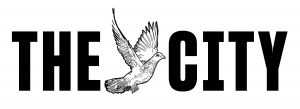
This story was originally published on May 20, 2020 by THE CITY.
Census organizers typically make a special effort to reach people who may have a hard time filling out their forms — often, people born in another country, who speak a language other than English or don’t have internet access.
Now, census organizers have another cohort to worry about amid the pandemic: New Yorkers who call some of the wealthiest parts of the city home.
In some of the most exclusive reaches of Manhattan, response rates are dragging behind 2010 figures by double digits, data shows.
Aldrin Bonilla, deputy borough president and a longtime veteran of census operations, noticed the trend most on the so-called “Gold Coast” of the Upper East Side, along Fifth Avenue, adjacent to Central Park.
“If you overlay the exodus of people from Manhattan in particular,” Bonilla said. “Then you overlay that map around low census response rates … you start seeing that, yeah, folks are not there.”
In one census tract between East 77th Street and East 84th Street and Fifth and Park avenues — home to former mayor Mike Bloomberg’s sprawling Beaux-Arts mansion — 62.4% of people sent back their forms without further prompting by the Census Bureau in 2010, data from CUNY’s Hard to Count map shows.
But this time around, only 34.9% had responded as of May 19, records show.
In that same area, more than 40% of people fled New York between March 1 and May 1, data analyzed by The New York Times found.
Down in Downtown
Large swaths of Lower Manhattan also show low census-response rates. The West Village, SoHo and TriBeCa all had high census-response rates in 2010, hovering between 60% and 70%. Now, few tracts in those areas have broken 50%.
Despite some low showings in the borough, Steven Romalewski, director of the CUNY Mapping Service, which created the Hard to Count map, says it’s too early to tell whether the results can be correlated with those who left.
On the Upper East Side, it “could be an issue,” he said. But in the rest of the borough, not enough is known to see a pattern.
“The rates there are low, but it’s not like they’re incredibly low compared to some other parts of the city,” he said.

Overall, the city’s response rate was 49% as of late May — 15 percentage points lower than the final 2010 response rate of 64%
Still, officials are gearing up to target those who may have left the city temporarily to encourage them to fill out the once-a-decade count.
Jeff Behler, regional director of the Census Bureau for New York, said the coronavirus outbreak has given the agency a bit of a silver lining: lots of data and more time. The census extended its deadlines due to the COVID-19 crisis, pushing the start of in-person follow-up with trained enumerators to Aug. 11.
“We know exactly where we need to focus now,” he said.
That includes people who have fled the city, which could be college students, people who have gone to stay with family outside of the five boroughs and those with second homes beyond city limits.
It’s Not Too Late
An accurate census count will determine federal funding for the city for years to come, as well as Congressional representation. An undercount could spell lost seats in the House of Representatives or budget woes at a time when the city faces an uncertain economic future.
Behler stressed that those who are staying outside of New York right now should fill out their Census online based on where they would have been staying on April 1 of this year.
For example, college students in New York would fill it out as if they are in their dorm or off-campus apartment. For others, it means their primary residence in the city.
“We’re asking you this question on April 1,” he said. “What would your answer have been on April 1? And more than likely it would have been at, you know, my apartment in Soho or, Greenwich Village, or wherever that may be.”
Behler said the bureau plans more outreach beyond the five boroughs to those who need a reminder.
“I definitely think, for the second homeowners, it’s gonna have to be a campaign that we do outside of New York City in addition to when people start coming back,” he said. “The message has to be there and we’ll continue to do that.”

Councilmember Keith Powers, a Democrat who represents the district that encompasses the Upper East Side’s Gold Coast, says it’s “disheartening” to see areas that “traditionally carried the average” now being undercounted.
But he’s encouraged by the pockets of his district that have overperformed, even given the pandemic. His own neighborhood, which includes Stuyvesant Town and Peter Cooper Village, has high response rates, with all tracts falling between 65% and 67%.
“It’s a tight-knit community,” he said. “But it gets a little more challenging when you get out of a neighborhood like that. … People who live in their own buildings and have doormen, some are harder to reach.”
“We just have to make sure that every New Yorker remembers this is a responsibility of being a New Yorker and that they take the two minutes to do the Census,” he added.
Some Positive Signs
Response rates in some areas of the borough appear unaffected by the global pandemic.
Much of the Lower East Side has surpassed the city’s average by double digits, the data shows.
Inwood and Washington Heights have high numbers across the board, likely boosted by decades of organizing that have delivered high counts in the neighborhood before. Around the Penn South complex in Chelsea, between 61 and 64% of people have filled out the census.
Behler is looking at the progress of the census as a “glass-half-full situation.” Given everything — with all in-person education and engagement taken away — he’s “ecstatic” with where the city’s response rate is right now, he said.
“It just goes to show you all the hard work that our partners have put in over the past two years to create this foundation of education … that so many people filled it out at a time when COVID-19 dominated everything,” he said.
This story was originally published by THE CITY, an independent, nonprofit news organization dedicated to hard-hitting reporting that serves the people of New York.



